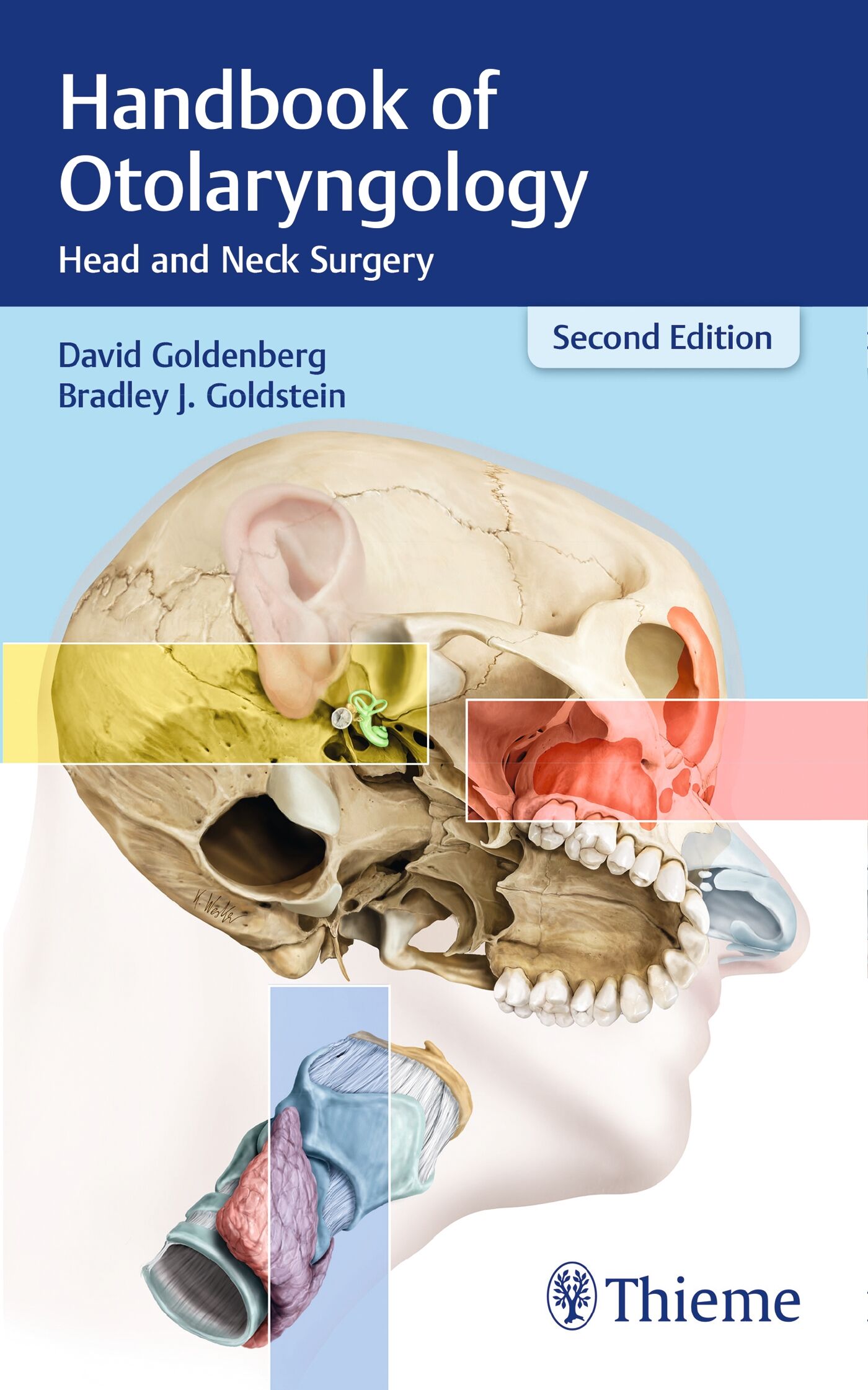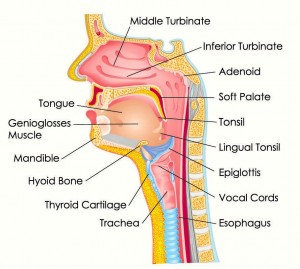What Makes an ENT Over a General Practitioner for Recurring Issues
What Makes an ENT Over a General Practitioner for Recurring Issues
Blog Article
Checking out the Field of Otolaryngology: What to Expect When You Seek Advice From an ENT
Otolaryngology, commonly referred to as ENT, encompasses the diagnosis and therapy of throat, nose, and ear disorders. For those experiencing related issues, seeking advice from an ENT professional can provide quality and alleviation. Understanding what to expect during such examinations is necessary for efficient communication and treatment. This summary will certainly outline key aspects of the ENT experience, including common reasons for check outs and the processes included in diagnosis and therapy.

Recognizing Otolaryngology: An Introduction
Otolaryngology, typically referred to as ENT (Ear, throat, and nose) medicine, is a customized branch of medicine that focuses on the medical diagnosis and therapy of conditions affecting these vital locations of the body. This field incorporates a wide variety of disorders, consisting of those relevant to hearing, equilibrium, breathing feature, and speech. Otolaryngologists are trained to handle both clinical and medical therapies, making use of innovative techniques and modern technologies. Their experience extends beyond typical disorders, resolving issues such as allergic reactions, sinus infections, and hearing loss. Additionally, they play an essential function in the management of head and neck cancers cells, providing detailed treatment customized to specific person needs. In general, otolaryngology continues to be vital for maintaining health and top quality of life in damaged individuals.
Common Factors to See an ENT Professional
Numerous people seek the proficiency of an ENT specialist for a range of reasons, mirroring the diverse nature of conditions that affect the ear, throat, and nose. Common issues consist of chronic sinusitis, which frequently leads to persistent nasal congestion and face discomfort. Allergic reactions and their associated signs and symptoms, such as sneezing and itching, additionally trigger visits to these professionals (ENT surgery). Hearing loss, whether abrupt or gradual, is an additional significant factor for assessment. Furthermore, people may look for assessment for throat conditions, consisting of consistent hoarseness or ingesting troubles. Sleep apnea, defined by disturbed breathing during rest, is frequently attended to by ENT specialists. Each of these problems highlights the significance of specialized care in handling complicated ENT-related health and wellness problems
Planning for Your ENT Consultation
When planning for an ENT appointment, it is vital to collect relevant info and consider any specific concerns. People ought to put together an in-depth case history, consisting of previous ear, nose, or throat problems, surgical treatments, and present medicines. Documenting signs-- such as duration, seriousness, and regularity-- can provide beneficial insights for the ENT specialist. Additionally, individuals must prepare a list of questions they want to ask, making certain that all worries are resolved during the visit. Bringing along any appropriate clinical documents or test outcomes can even more help the ENT in recognizing the patient's condition. Patients should confirm their consultation information, including location, date, and time, to lessen any kind of last-minute confusion. Proper preparation can enhance the effectiveness of the appointment and cause much better outcomes.
What to Anticipate During the Appointment
As the consultation begins, the client can expect to participate in a thorough discussion with the ENT professional about their signs and symptoms and case history. The specialist will ask regarding the duration, frequency, and seriousness of signs such as hearing loss, nasal congestion, or aching throat. Additionally, the client's previous clinical problems, medicines, and any appropriate family history will be reviewed, assisting the professional in developing a complete understanding of the individual's health. The ENT might likewise inquire about way of life elements, such he said as direct exposure to toxic irritants or irritants. This open dialogue develops a foundation for the consultation, guaranteeing that the patient's worries are dealt with and establishing the stage for any kind of needed examinations or recommendations for treatment.
Analysis Examinations and Treatments in Otolaryngology
A variety of analysis tests and procedures are crucial in otolaryngology to properly examine and detect conditions influencing the nose, throat, and ear. Common tests include audiometry, which measures hearing function, and tympanometry, assessing middle ear stress. Nasal endoscopy enables visualization of the nasal passages and sinuses, while laryngoscopy examines the throat and vocal cables. Imaging methods, such as CT scans and MRIs, provide thorough views of head and neck structures. Allergy testing might also be carried out to determine triggers for sinus or respiratory concerns. These diagnostic tools allow ENT experts to establish an extensive understanding of patients' conditions, making sure tailored and efficient administration plans. Proper diagnosis is essential for effective treatment end results in otolaryngology.
Therapy Alternatives Used by ENT Specialists
ENT professionals use a selection of treatment options tailored to deal with specific problems influencing the throat, ear, and nose. These treatments vary from traditional techniques, such as medicine and way of living modifications, to more intrusive treatments. For instance, allergies may be handled with antihistamines or immunotherapy, while chronic sinus More about the author problems could require nasal corticosteroids or sinus surgical treatment. For hearing loss, ENT professionals typically recommend listening device or surgical treatments like cochlear implants. In instances of throat disorders, options can include speech treatment or procedures to get rid of obstructions. Additionally, they might offer support for taking care of sleep apnea, consisting of making use of CPAP devices or surgical treatments. Generally, the objective is to boost individuals' lifestyle via personalized care and efficient therapy techniques.
When to Seek Follow-Up Care With an ENT
When to look for follow-up treatment with an ENT professional is important for handling ongoing signs or difficulties connected to nose, throat, and ear conditions, recognizing. People should consider scheduling a follow-up appointment if symptoms linger regardless of initial therapy, such as chronic ear discomfort, nasal blockage, or throat discomfort. Changes in hearing, equilibrium problems, or uncommon nasal discharge might also call for further analysis. In addition, if a person experiences side impacts from suggested drugs or has undergone a procedure, follow-up care is essential to monitor recovery and attend to any type of issues. Prompt appointments can assure efficient management of conditions, avoid potential difficulties, and offer assurance pertaining to one's wellness. Looking for follow-up treatment advertises proactive wellness monitoring in otolaryngology.
Regularly Asked Inquiries

What Qualifications Should I Look for in an ENT Professional?
When looking for an ENT professional, one must try to find board certification, appropriate experience, and strong individual evaluations. Furthermore, effective communication abilities and a thoughtful method can substantially improve the total treatment experience.
How Do I Pick the Right ENT for My Requirements?
Picking the best ENT professional includes evaluating their credentials, experience, and person testimonials (Voice). It is necessary to consider their interaction style and strategy to treatment, ensuring they align with the individual's details health demands and choices
Exist Any Type Of Dangers Connected With ENT Procedures?
The dangers related to ENT procedures might include infection, bleeding, anesthesia problems, and prospective damages to surrounding frameworks. Patients must review these risks with their medical professional to recognize private concerns and guarantee educated decisions.
Just How Can I Manage Anxiety Before My ENT Visit?
To manage anxiousness prior to an appointment, individuals can practice deep breathing workouts, picture positive end results, prepare concerns beforehand, and look for support from buddies or family members, promoting a sense of peace of mind and peace.
What Should I Do if I Experience Adverse Effects From Treatment?
The individual must promptly report them to their healthcare service provider if side effects from treatment happen. Modifications to treatment or extra interventions may be necessary to assure safety and performance in managing their condition - Sinus. As the consultation starts, the client can anticipate to More Help engage in a detailed conversation with the ENT professional about their symptoms and medical background. These diagnostic tools make it possible for ENT specialists to create an extensive understanding of clients' problems, making certain tailored and effective management plans. ENT experts offer a selection of treatment options customized to resolve details conditions impacting the ear, nose, and throat. When seeking an ENT expert, one must look for board qualification, appropriate experience, and solid client testimonials. Selecting the ideal ENT expert involves examining their qualifications, experience, and client reviews
Report this page